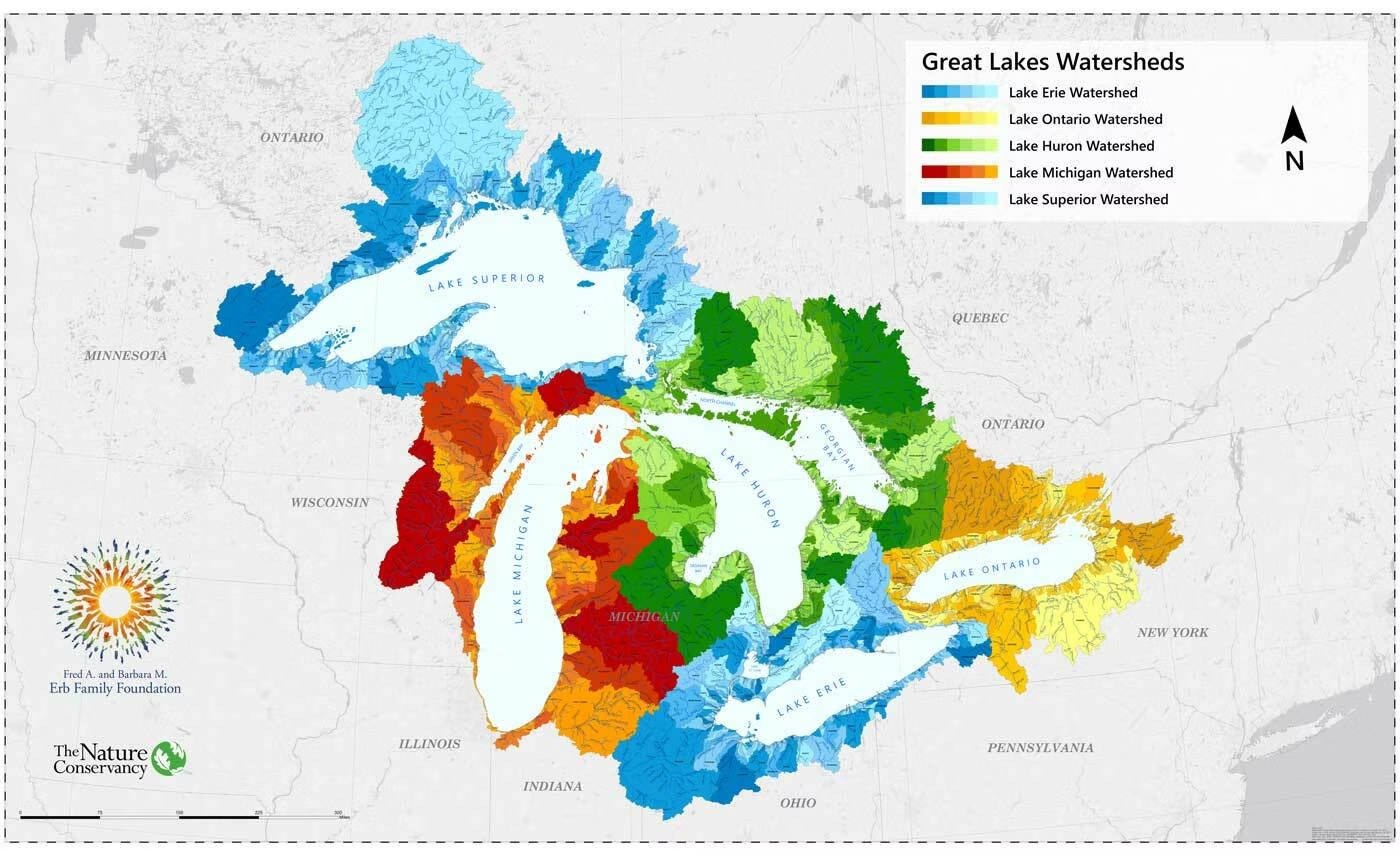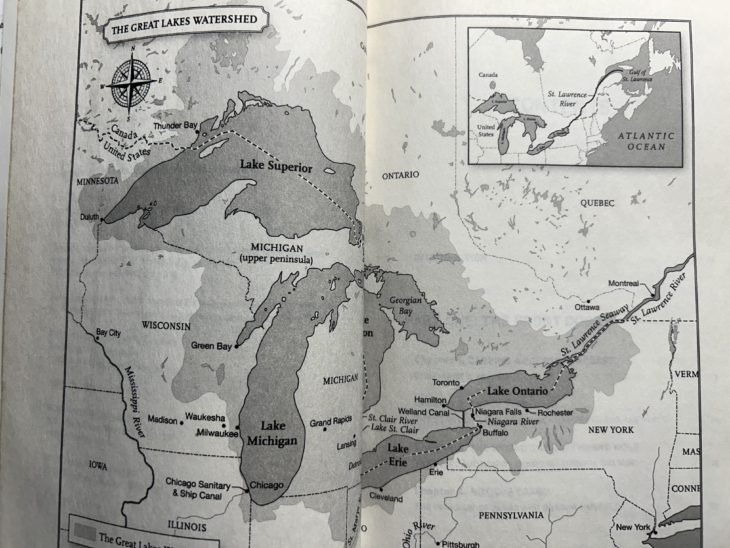John L. Riley’s The Once and Future Great Lakes Country: An Ecological History is a sweeping, deeply researched account of environmental transformation in the Great Lakes region. Spanning from the last Ice Age to the present, Riley blends ecological science, historical narrative, and personal reflection to illuminate how this once-abundant landscape was reshaped by Indigenous stewardship, European colonization, industrial exploitation, and, more recently, efforts at ecological restoration.(rhnaturalists.ca)
📘 Overview and Structure
The book is divided into three thematic sections:
- The Land and What Happened to It – This section traces the region’s ecological history from pre-1500 Indigenous land management through the upheavals of European contact, including the introduction of disease, warfare, and resource extraction. Riley emphasizes that Indigenous peoples actively managed the land through sophisticated horticulture and controlled burns, contradicting the myth of a “pristine wilderness.” (mqup.ca, NiCHE)
- Voices of Nature Past – Here, Riley presents vivid accounts from early explorers and settlers, documenting the staggering abundance of wildlife—such as six-foot sturgeons in Lake Michigan and vast flocks of passenger pigeons—and the subsequent ecological collapse due to overhunting, deforestation, and the introduction of invasive species. This section offers a poignant chronicle of loss and change. (tom4tnc.blogspot.com)
- Nature’s Prospect – The final section examines contemporary challenges and restoration efforts, including the impacts of climate change, urban sprawl, and globalization. Riley discusses initiatives like land protection and rewilding, highlighting a growing societal commitment to ecological renewal. He reflects on his own experiences restoring a farm in Mono Township, Ontario, as a microcosm of broader environmental recovery. (Project MUSE)
Continue reading ‘The Once and Future Great Lakes Country: An Ecological History’ »

